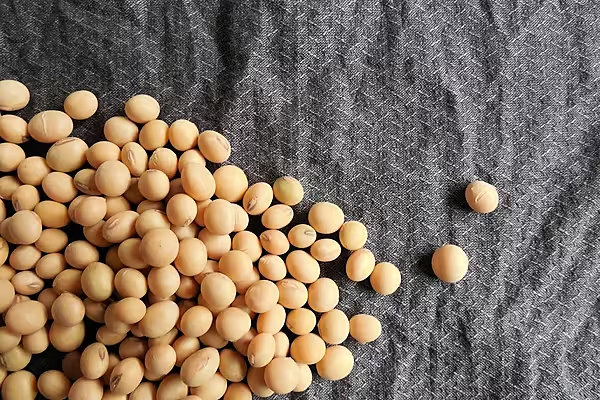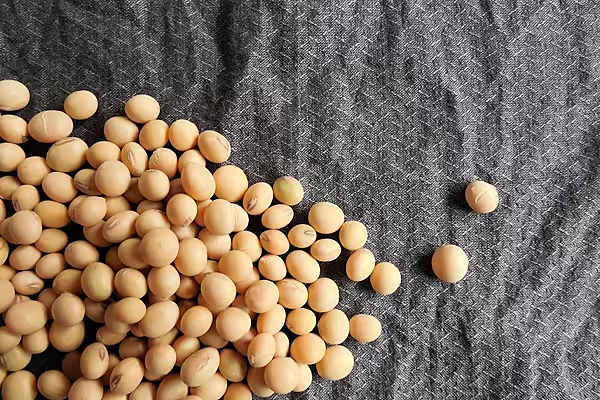Buried within Brazilian shipping figures two weeks ago was a single data point that raised eyebrows in agricultural markets: a cargo of corn had left the country destined for the US, the world's dominant supplier of the commodity.
While consignments of Brazilian corn to the US aren’t without precedent, imports at harvest time signal something unusual is happening. Back in the 2012-13 season, it was drought in the US that spurred shipments. This time around, the dollar is so strong that domestic farmers are at a disadvantage to foreign competitors who are are wresting a greater share of the global export market.
US corn exports are running at the slowest pace in three years. Through 29 October the country shipped or contracted 13.1 million metric tonnes for delivery by the end of the crop year, according to US Department of Agriculture data, 32 per cent less than a year earlier. Key crop data released by the USDA on Tuesday will show higher government estimates for domestic inventories, according to analysts surveyed by Bloomberg.
“Exports have been slow and there’s just no indication that number’s going to get a whole lot bigger,” Bryce Knorr, Chicago- based senior grain market analyst at Farm Futures, said in a telephone interview. “Fundamentally, it’s hard to build much of a case when you have plenty of alternatives to US corn.”
The dollar’s 47 per cent advance against the Brazilian real in the past year has made the country’s farmers ever more competitive internationally. Its corn shipments in October rose 75 per cent from the prior year to a record 5.55 million tonnes, according to Brazil’s Secretary of Foreign Commerce. The spot price of corn loaded onto a ship at the US Gulf was $176.86 a metric tonne as of 5 November, according to US Grains Council data. That compares with $152 at Brazil’s Paranagua port.
“Brazil is really taking the world stage in corn” for the next several months, Soren Schroder, chief executive officer of Bunge, one of the world’s largest grain traders, said on an 29 October conference call.
Another winner is Ukraine, from where shipments since July have climbed 37 per cent versus the same period a year earlier. And in Argentina, some farmers are hopeful that presidential elections later this month will lead to reduced grain export taxes and a devaluation of the peso. That could lead some of them to sell grain they’ve been hoarding, said Jim Gerlach, president of A/C Trading in Fowler, Indiana.
News by Bloomberg, edited by ESM. To subscribe to ESM: The European Supermarket Magazine, click here.














